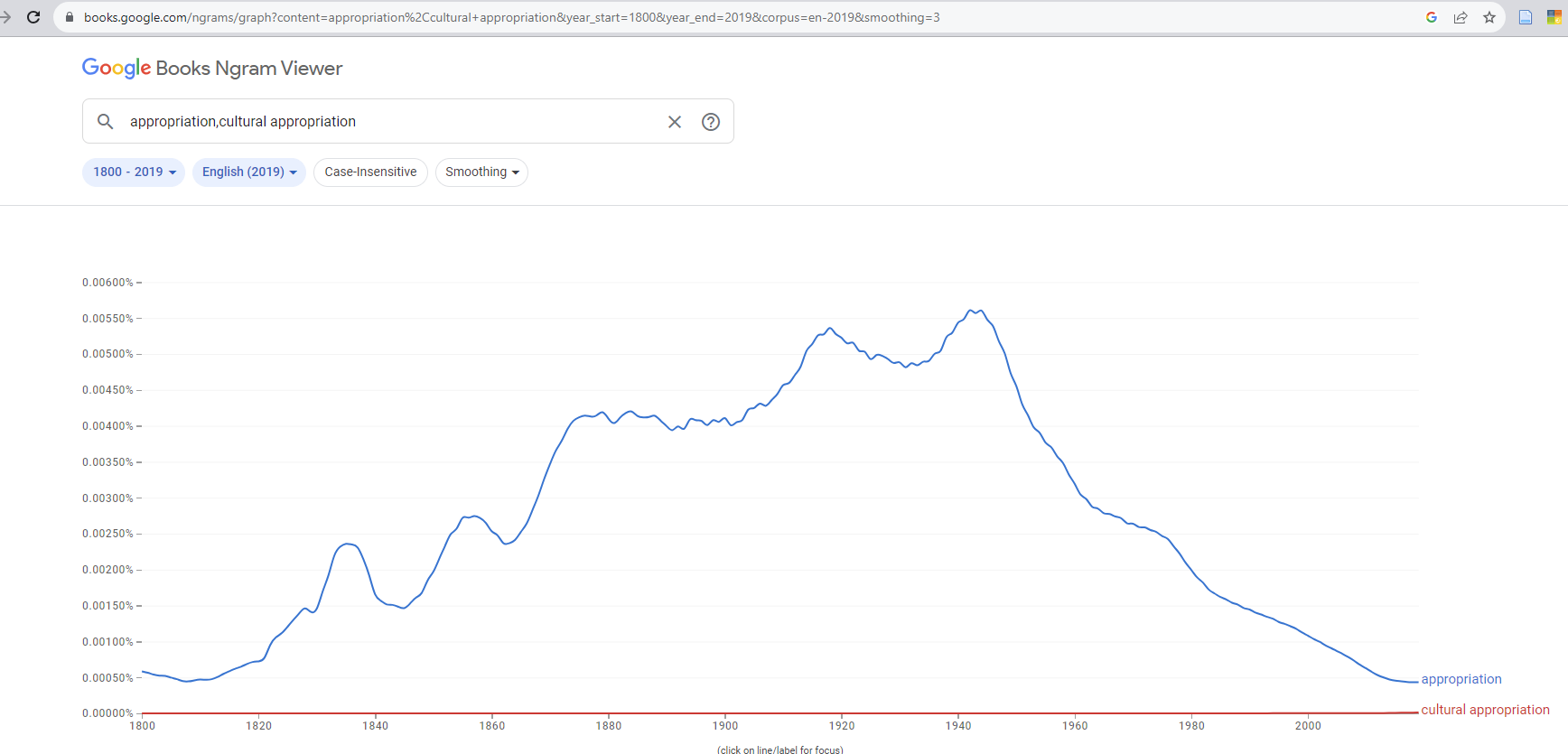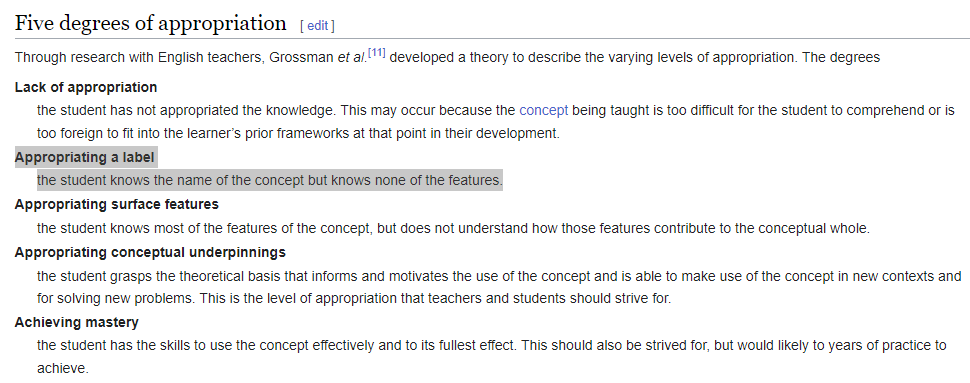
Inappropriation
Over the last week I have been reading Jörg Rüpke’s On Roman Religion: Lived Religion and the Individual in Ancient Rome.
Rüpke's uses the word appropriation to describe what people do with agency in maintaining but personalising ritual, both in shrines at home and in holding Roman public office as priests. In this work he rejects his own previous positions (and those similar to his previous position like Mary Beard's -- though there is a "as far as they go" recognition of their work too.) The work uses elegiac poetry of Propertius, and surviving inscriptions as evidence for this process. It being a history book, not sociology (see below).There is also a framework where this appropriation is in contrast or competition to the ongoing institutionalization of civic based local religion (at the polis level) by the Roman Emperors and their 'privatisation' of the republic, wherein they take control of religious practices that were more local, if metropolitan, to a more standardised and imperial system while maintaining republican forms.I'd say, the final perfection of this being found in St Augustine’s City of God sect's take-over, via elite-capture, of the empire, in which the local mores are over-riddened by a metaphorical city to come. (And is why I regard the Catholic church as a government department gone rogue, such that it outlasted the imperial government of which it was once a part.)(While Orthodoxy just does what the secular powers tell it to do, it is the more basal form).On looking up this word appropriation, as I had not seen this particular usage before, last night I found there is a technical use of it in sociology.https://en.wikipedia.org/wiki/Appropriation_(sociology)And in a further subdomain, in the social constructivist (and kin) sub-tribe of sociology there is a further area of study:- Appropriation of knowledge which "is the process of constructing knowledge from social and cultural sources, and integrating it into pre-existing schemas".However in the world of headlines, the word "appropriation" is most likely to be used in debates over institutional responsibilities with regard to the provenance of a museum’s collections, in the pairing "cultural appropriation". Even if is at low usage the shrinking usage of the plain vanilla “appropriation” means it is becoming a greater proportion generally, when not dominating headline usage.

It’s a whole world of pain.
For more discussion on Appropriation (art) and Reappropriation
see
Mary Beth Willard’s 'Why It’s Ok to Enjoy the Work of Immoral Artists'

So, at dinner the other night I was at the second stage of five (outlined below):


Appropriating a label
the student knows the name of the concept but knows none of the features.
I had used the word “appropriation” and triggered someone’s defence mechanisms in regard to “cultural appropriation”. I was not then able to explain anything further, either in support of their own position, as I had intended, as I now framed it, nor in extrapolation. The conversation ceased the moment I had thought I had showed I was listening to their point of view, even as the argument continued awhile.
I had just discovered this sociological usage of the word “appropriation” and was giving it a go, like any new word I might have had in my Polish classes. “Using it” is a way of improving one’s language skills.
Avoiding-debating skills? Not-so-much.
First posted on substack in 2023.
Jörg Rüpke’s On Roman Religion: Lived Religion and the Individual in Ancient Rome. (Townsend Lectures/Cornell Studies in Classical Philology. Ithaca ; London: Cornell University Press, 2016. ISBN 9781501704703)
